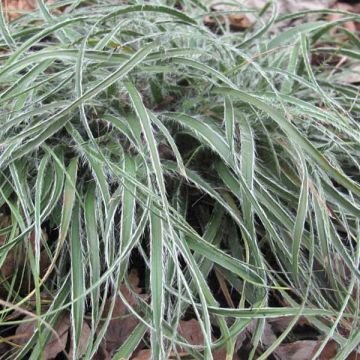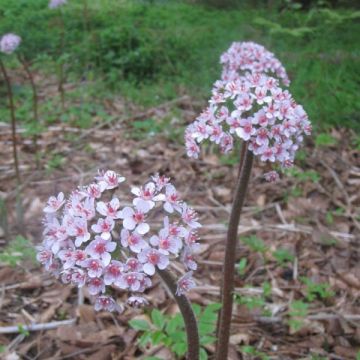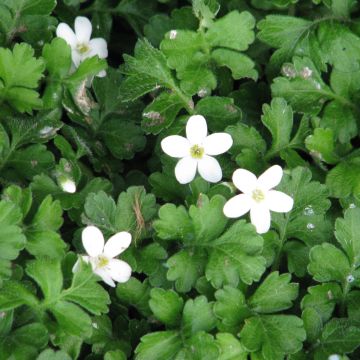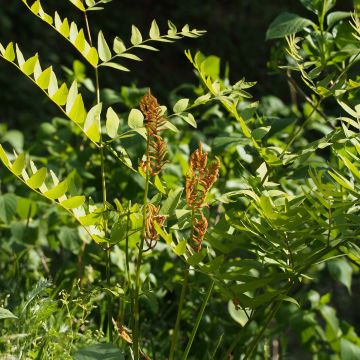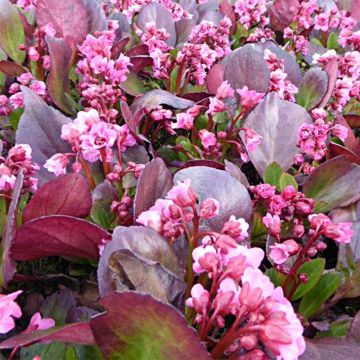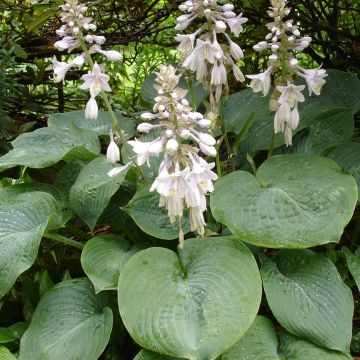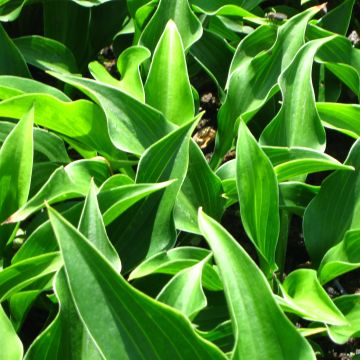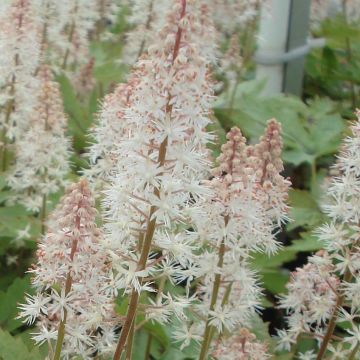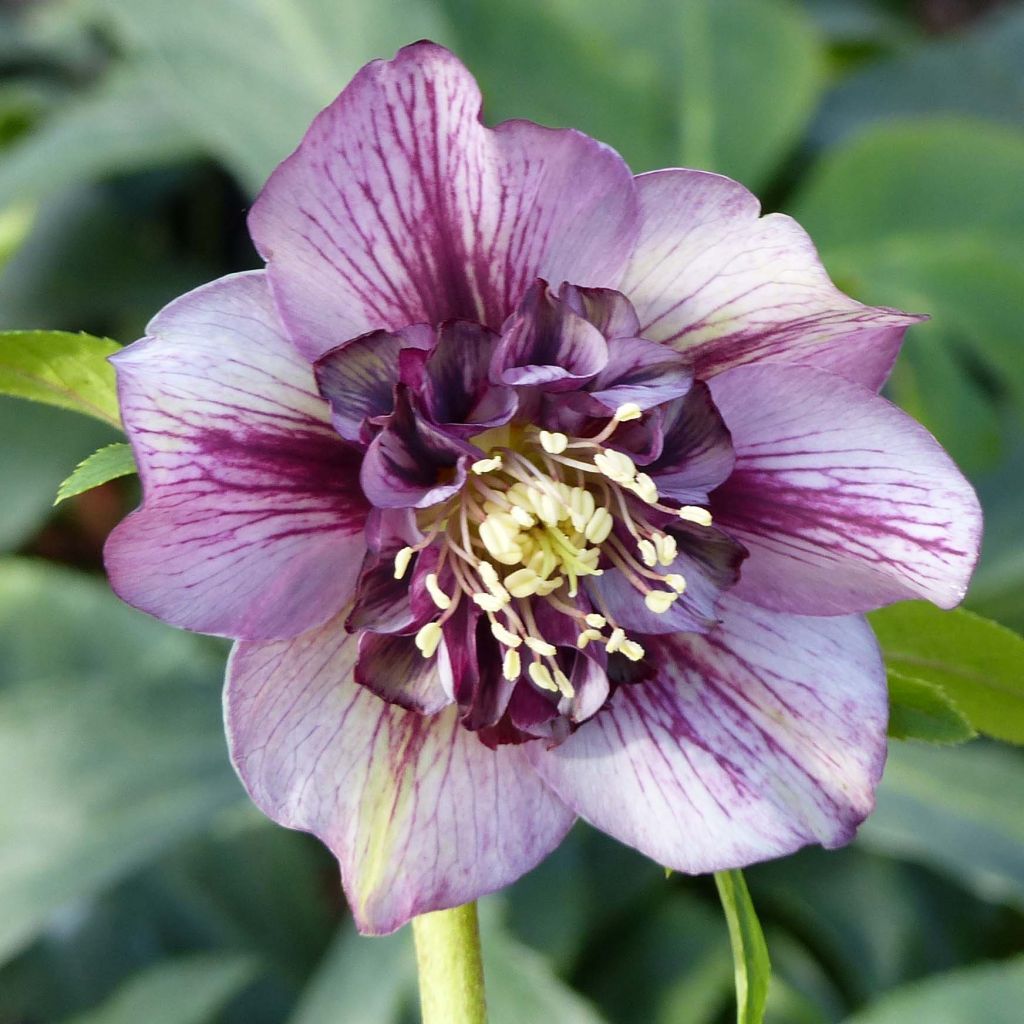

Helleborus hybridus Anemone Picotee
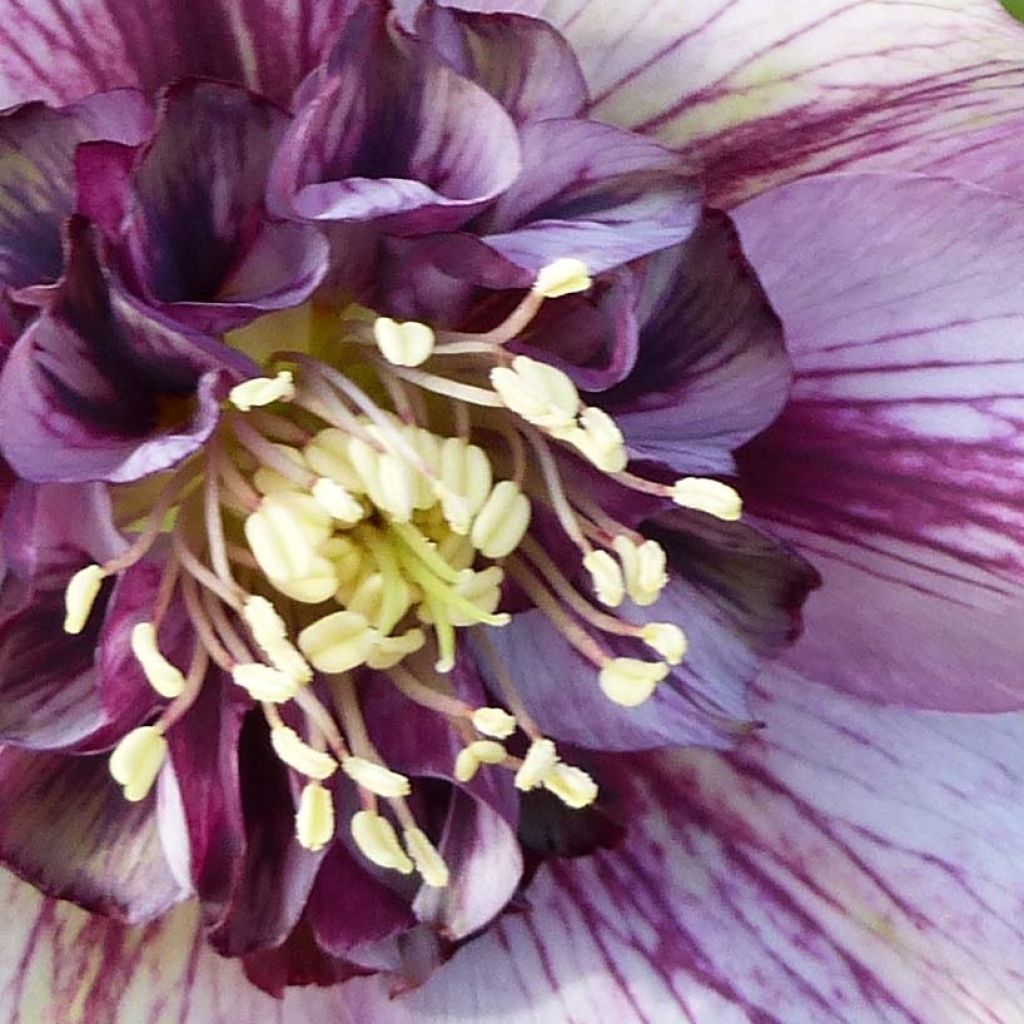

Helleborus hybridus Anemone Picotee
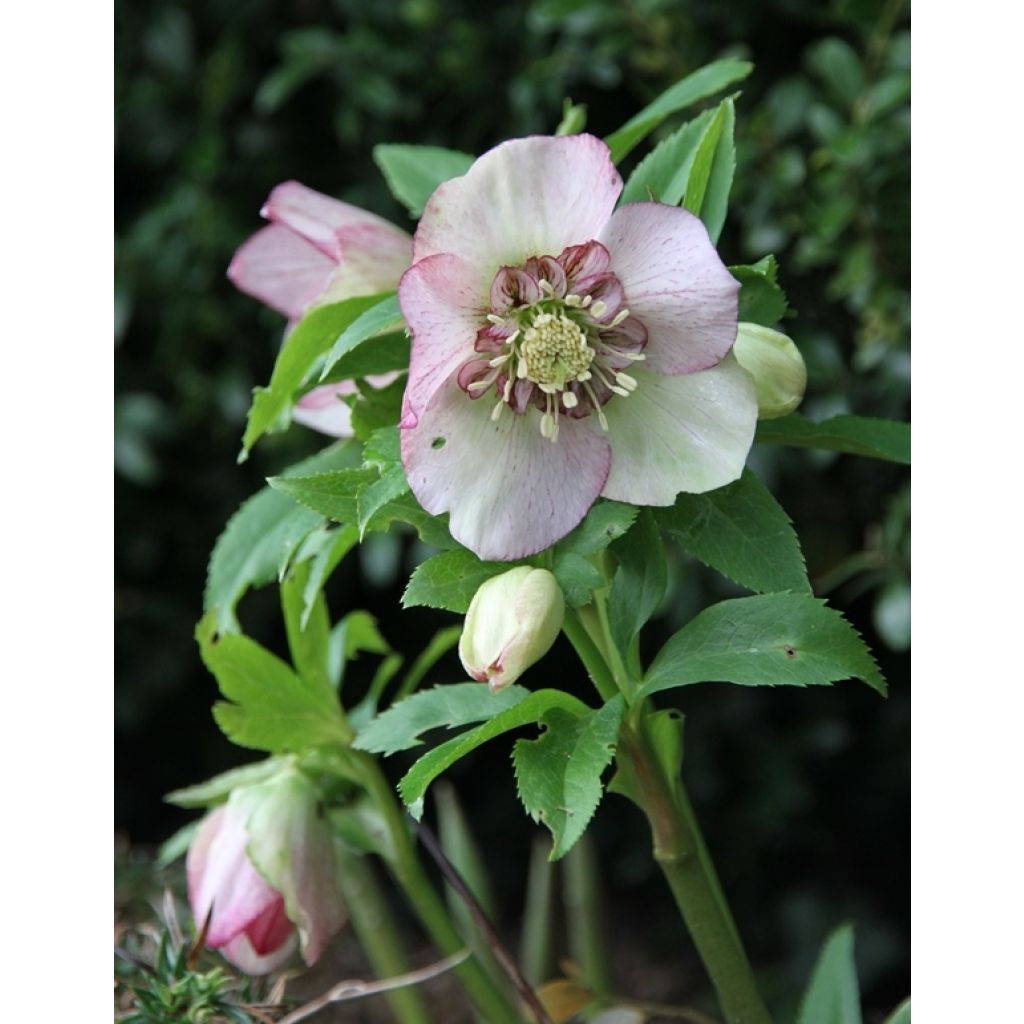

De jolis jupons
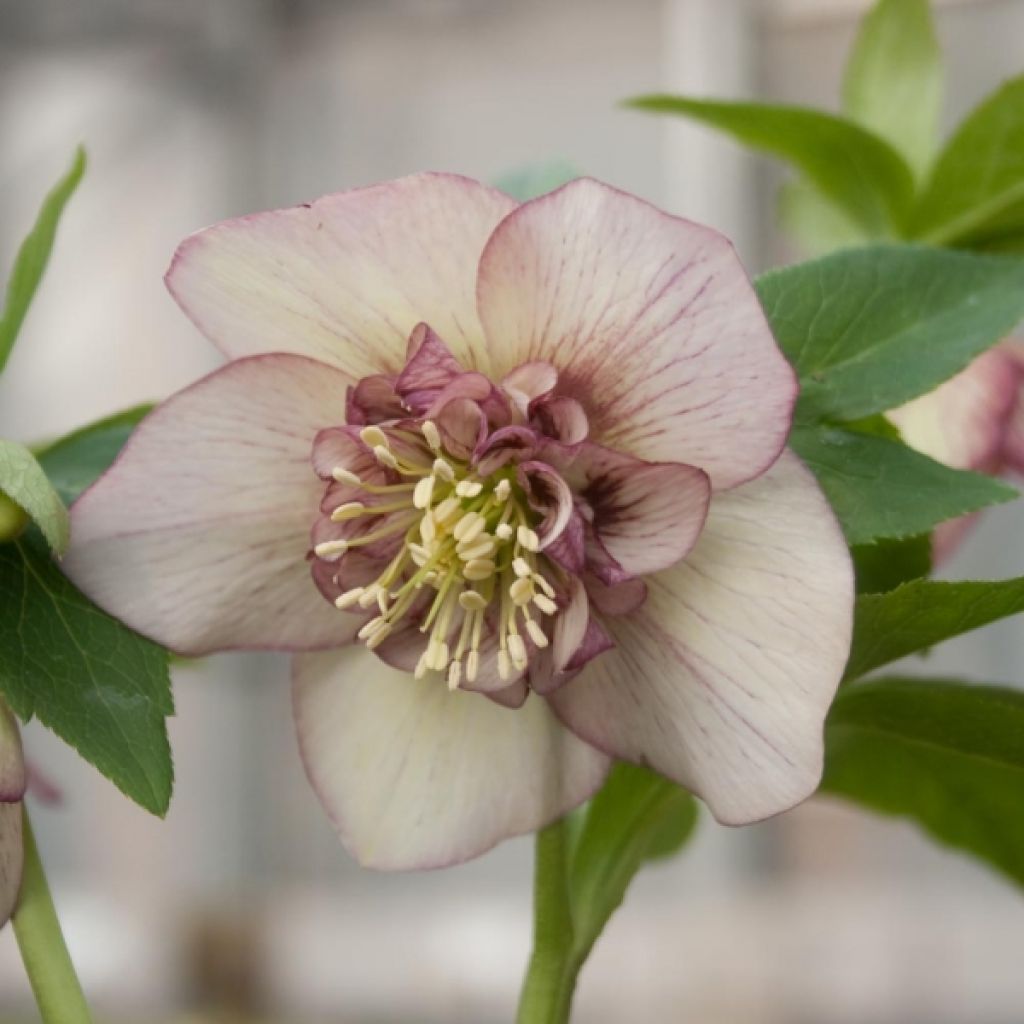

Hellébore orientale Picotee Anemone
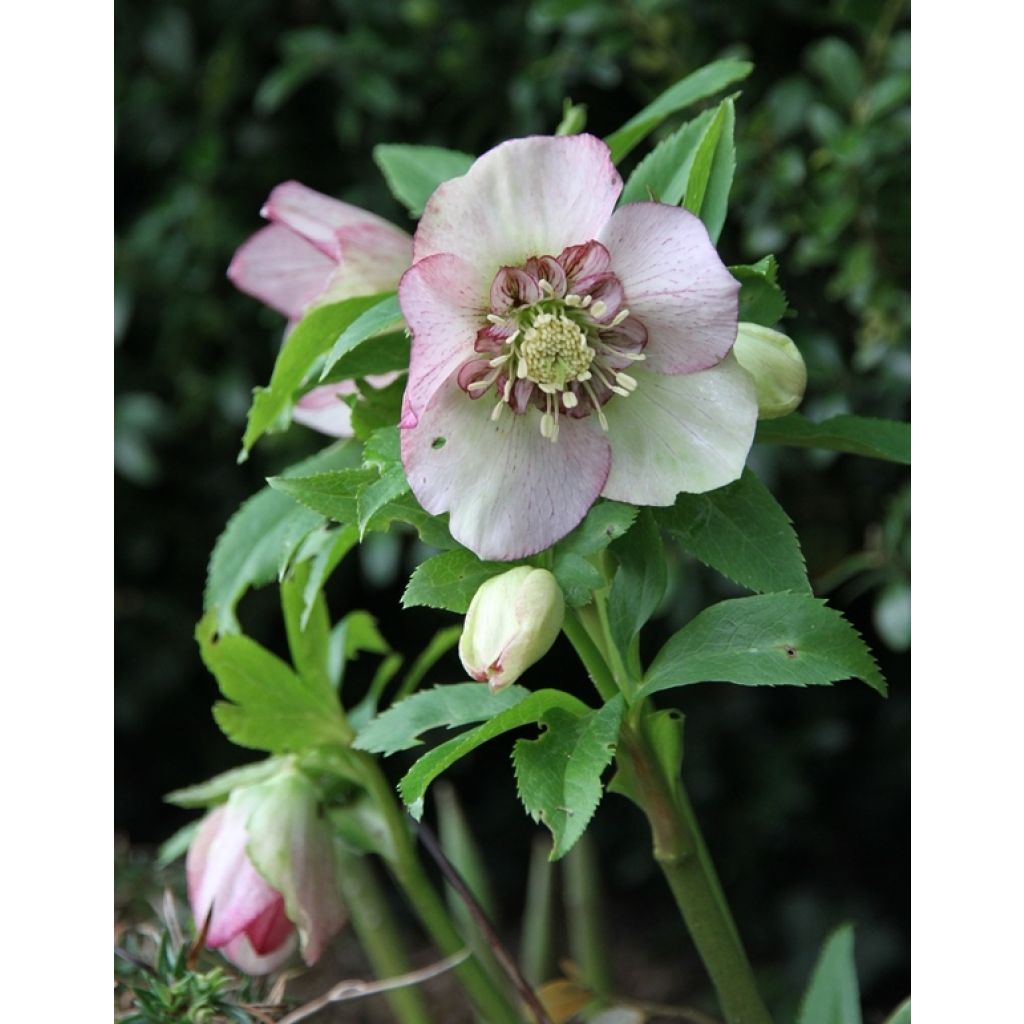

Helleborus hybridus Anemone Picotee
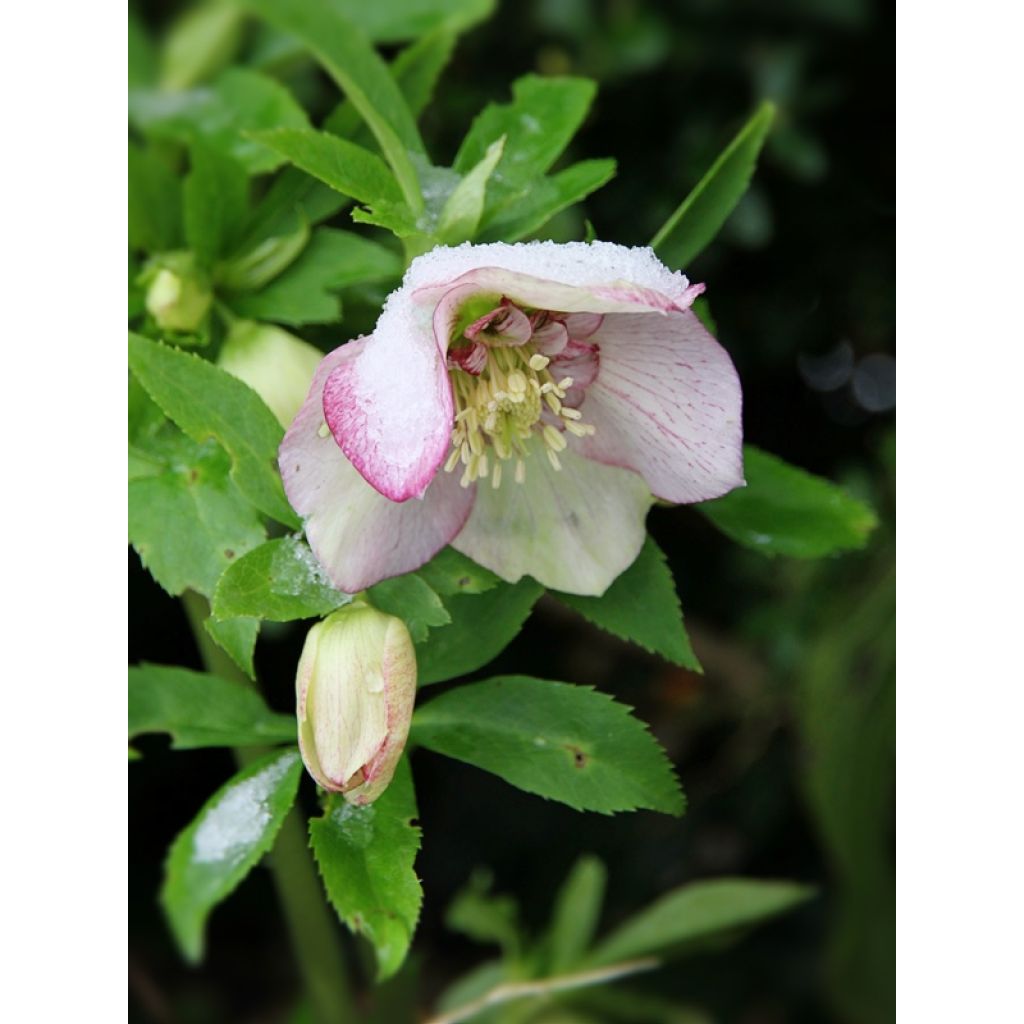

fleurit lors de sa seconde année au jardin
View more pictures
Hide images
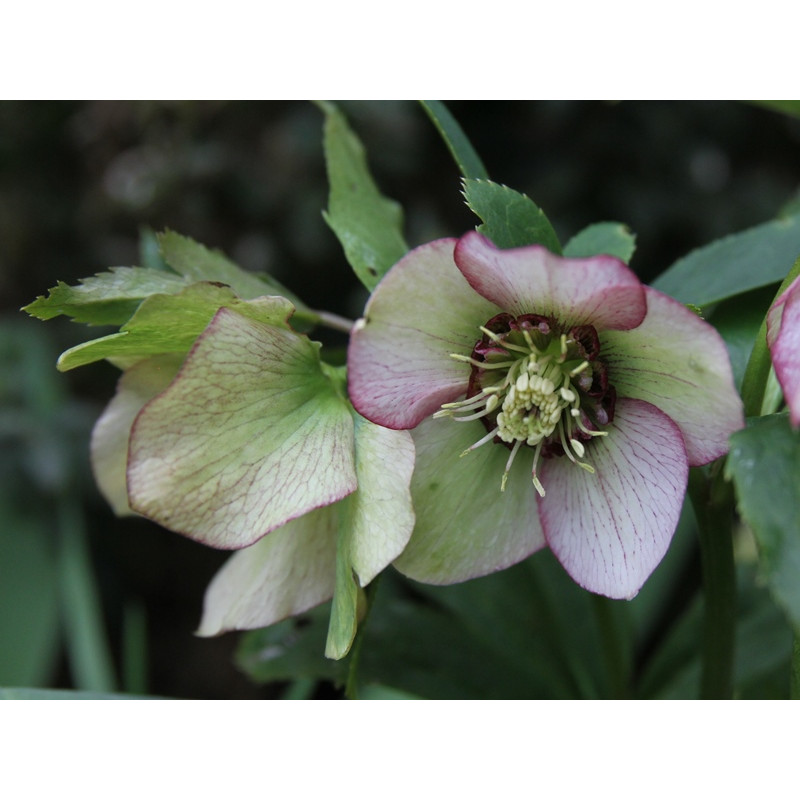
Elise A.

Elise A. • 51 FR
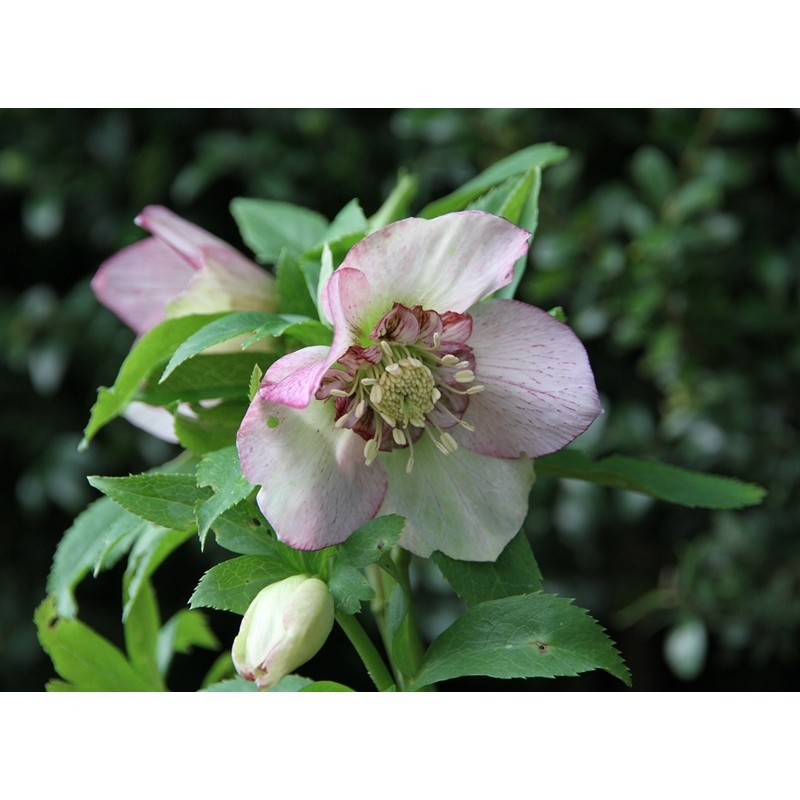
Elise A.

Elise A. • 51 FR
Helleborus hybridus Anemone Picotee
Helleborus x hybridus Anemone Picotee
Lenten Rose, Oriental Hellebore
Delivered very quickly in flower. The young plant is very beautiful. I'm delighted.
Ravie, 31/01/2026
Special offer!
Receive a €20 voucher for any order over €90 (excluding delivery costs, credit notes, and plastic-free options)!
1- Add your favorite plants to your cart.
2- Once you have reached €90, confirm your order (you can even choose the delivery date!).
3- As soon as your order is shipped, you will receive an email containing your voucher code, valid for 3 months (90 days).
Your voucher is unique and can only be used once, for any order with a minimum value of €20, excluding delivery costs.
Can be combined with other current offers, non-divisible and non-refundable.
Home or relay delivery (depending on size and destination)
Schedule delivery date,
and select date in basket
This plant carries a 12 months recovery warranty
More information
We guarantee the quality of our plants for a full growing cycle, and will replace at our expense any plant that fails to recover under normal climatic and planting conditions.

Would this plant suit my garden?
Set up your Plantfit profile →
Description
Helleborus x hybridus Anemone Picotee is a variety of Lenten rose with particular grace and refinement. Its flowers are pale mauve pink, delicately veined and edged with deep mauve and have a small collar of additional petals in a washed-out mauve at their centre. This variety blooms after the winter solstice, accompanying the lengthening of the day until the arrival of spring. Easy to grow, even in heavy soil, it thrives in shade or non-scorching sunlight. It can be planted in borders, under shrubs, in mixed borders and in pots.
Native to Greece, Turkey, and the central and eastern Caucasus, Helleborus orientalis, also known as Lenten Rose, is a perennial plant of the Ranunculaceae family that readily hybridizes with other species to produce many hybrids with a wide variety of colours and forms. These hybrids are no longer given variety names; they are distinguished by their shape and colour. Oriental Hellebore is a hardy plant that can withstand temperatures as low as -15°C (5°F). It naturally grows in forests, thickets, and clearings up to an altitude of 2,000 m (7ft), usually on limestone-rich substrates.
The 'Picotee Anemone' variety forms a compact, leafy tuft measuring 40 cm (16in) in all directions composed of evergreen palmate, slightly toothed, dark green and glossy basal leaves, 30 to 40 cm (12 to 16in) long, composed of 7 to 9 leaflets. They only live for 8 months, regularly being replaced by new leaves.
Between January and April, a bouquet of single flowers measuring 4 to 5 cm (2in) in diameter forms among the foliage. These are cup-shaped, inclined flowers with a row of finely veined and edged petals in deep mauve-pink. The mauve collar visible at the base of the petals, surrounding the stamens, is made up of nectar-bearing glands called nectaries, transformed into petal-like structures. This characteristic is obtained in plants resulting from double-flowered 'mothers' and single-flowered 'fathers'. The corollas are inclined downwards, allowing water to slide off like an umbrella to protect the heart of the flower from rotting. The Hellebore does not like to be moved once established, with the young plants taking some time to flower. Over time, Hellebore flowers do not wilt like the majority of other flowers but dry up. The seeds are sown by ants.
Use Hellebores like elements of an ancient tapestry, mixing them with woodland plants in brighter colours. They are complemented when planted near Pieris, moderately-sized rhododendrons, under conifers (especially on wind-exposed sites), and surrounded by primroses, wood anemones, corydalis, dicentra, cardamines, or spring-flowering bulbs and snowdrops. They can also be accompanied by ferns and shade-loving irises to create a beautiful contrast a little later in the season. They can be planted in groups near the entrance of the house, in a shady location, to enjoy their early flowering up close. They are suitable as cut flowers and in beds, borders, or containers,...
Each seed sown Hellebore has a unique flower colour, so slight variations in colour may exist between two plants, which is normal and inevitable. However, if the difference is too significant and detracts from the desired effect, we will refund or replace the plant in question.
Report an error about the product description
Helleborus hybridus Anemone Picotee in pictures


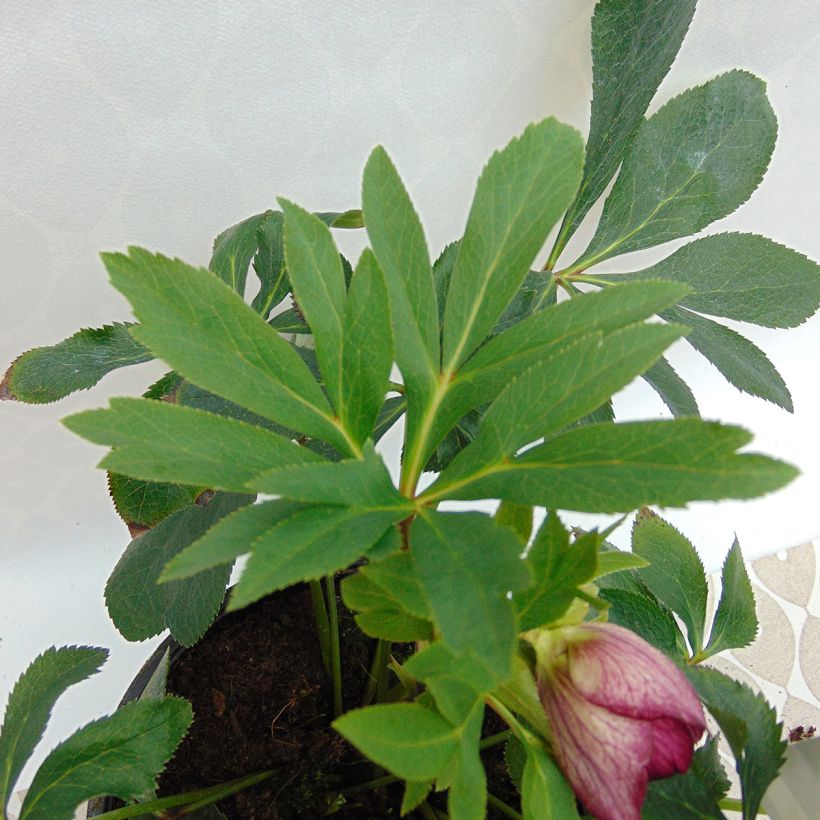



Flowering
Foliage
Plant habit
Botanical data
Helleborus
x hybridus
Anemone Picotee
Ranunculaceae
Lenten Rose, Oriental Hellebore
Cultivar or hybrid
Planting and care
Oriental Hellebore grows in any rich, light or clay soil, in partial or light shade, sheltered from cold and prevailing winds. It prefers limestone soils but can tolerate more acidic and humus-rich soils. Avoid direct sunlight during the hottest hours in the south. This perennial can be planted from early autumn to spring, between February and April. It thrives in deeply cultivated soil mixed with organic matter. To feed, use bone meal or another organic fertilizer. Water well after planting and add a layer of mulch 2 to 5 cm (1 to 2in) thick. Regularly remove faded leaves to improve flowering. Ensure a planting distance of 30 to 40 cm (12 to 16in) between each plant to promote their development. Hellebore does not tolerate stagnant water, as it may cause rotting.
The roots should not completely dry out in summer. Hellebores can be affected by a fungal disease transmitted by aphids, known as black spot. Remove old leaves from deciduous species or stained leaves from evergreen species when flower buds appear. Remove faded flowers after seeding. They can also suffer from grey rot or die from collar rot due to poor growing conditions in overly wet situations.
On a balcony or terrace, plant them in pots 4 to 5 times larger than the plant itself, as they need space to develop their root system. Most Hellebores can withstand temperatures down to -15°C (5°F) without suffering, allowing them to adapt to almost all regions.
Planting period
Intended location
Care
-
, onOrder confirmed
Reply from on Promesse de fleurs
Similar products
Haven't found what you were looking for?
Hardiness is the lowest winter temperature a plant can endure without suffering serious damage or even dying. However, hardiness is affected by location (a sheltered area, such as a patio), protection (winter cover) and soil type (hardiness is improved by well-drained soil).

Photo Sharing Terms & Conditions
In order to encourage gardeners to interact and share their experiences, Promesse de fleurs offers various media enabling content to be uploaded onto its Site - in particular via the ‘Photo sharing’ module.
The User agrees to refrain from:
- Posting any content that is illegal, prejudicial, insulting, racist, inciteful to hatred, revisionist, contrary to public decency, that infringes on privacy or on the privacy rights of third parties, in particular the publicity rights of persons and goods, intellectual property rights, or the right to privacy.
- Submitting content on behalf of a third party;
- Impersonate the identity of a third party and/or publish any personal information about a third party;
In general, the User undertakes to refrain from any unethical behaviour.
All Content (in particular text, comments, files, images, photos, videos, creative works, etc.), which may be subject to property or intellectual property rights, image or other private rights, shall remain the property of the User, subject to the limited rights granted by the terms of the licence granted by Promesse de fleurs as stated below. Users are at liberty to publish or not to publish such Content on the Site, notably via the ‘Photo Sharing’ facility, and accept that this Content shall be made public and freely accessible, notably on the Internet.
Users further acknowledge, undertake to have ,and guarantee that they hold all necessary rights and permissions to publish such material on the Site, in particular with regard to the legislation in force pertaining to any privacy, property, intellectual property, image, or contractual rights, or rights of any other nature. By publishing such Content on the Site, Users acknowledge accepting full liability as publishers of the Content within the meaning of the law, and grant Promesse de fleurs, free of charge, an inclusive, worldwide licence for the said Content for the entire duration of its publication, including all reproduction, representation, up/downloading, displaying, performing, transmission, and storage rights.
Users also grant permission for their name to be linked to the Content and accept that this link may not always be made available.
By engaging in posting material, Users consent to their Content becoming automatically accessible on the Internet, in particular on other sites and/or blogs and/or web pages of the Promesse de fleurs site, including in particular social pages and the Promesse de fleurs catalogue.
Users may secure the removal of entrusted content free of charge by issuing a simple request via our contact form.
The flowering period indicated on our website applies to countries and regions located in USDA zone 8 (France, the United Kingdom, Ireland, the Netherlands, etc.)
It will vary according to where you live:
- In zones 9 to 10 (Italy, Spain, Greece, etc.), flowering will occur about 2 to 4 weeks earlier.
- In zones 6 to 7 (Germany, Poland, Slovenia, and lower mountainous regions), flowering will be delayed by 2 to 3 weeks.
- In zone 5 (Central Europe, Scandinavia), blooming will be delayed by 3 to 5 weeks.
In temperate climates, pruning of spring-flowering shrubs (forsythia, spireas, etc.) should be done just after flowering.
Pruning of summer-flowering shrubs (Indian Lilac, Perovskia, etc.) can be done in winter or spring.
In cold regions as well as with frost-sensitive plants, avoid pruning too early when severe frosts may still occur.
The planting period indicated on our website applies to countries and regions located in USDA zone 8 (France, United Kingdom, Ireland, Netherlands).
It will vary according to where you live:
- In Mediterranean zones (Marseille, Madrid, Milan, etc.), autumn and winter are the best planting periods.
- In continental zones (Strasbourg, Munich, Vienna, etc.), delay planting by 2 to 3 weeks in spring and bring it forward by 2 to 4 weeks in autumn.
- In mountainous regions (the Alps, Pyrenees, Carpathians, etc.), it is best to plant in late spring (May-June) or late summer (August-September).
The harvesting period indicated on our website applies to countries and regions in USDA zone 8 (France, England, Ireland, the Netherlands).
In colder areas (Scandinavia, Poland, Austria...) fruit and vegetable harvests are likely to be delayed by 3-4 weeks.
In warmer areas (Italy, Spain, Greece, etc.), harvesting will probably take place earlier, depending on weather conditions.
The sowing periods indicated on our website apply to countries and regions within USDA Zone 8 (France, UK, Ireland, Netherlands).
In colder areas (Scandinavia, Poland, Austria...), delay any outdoor sowing by 3-4 weeks, or sow under glass.
In warmer climes (Italy, Spain, Greece, etc.), bring outdoor sowing forward by a few weeks.

































